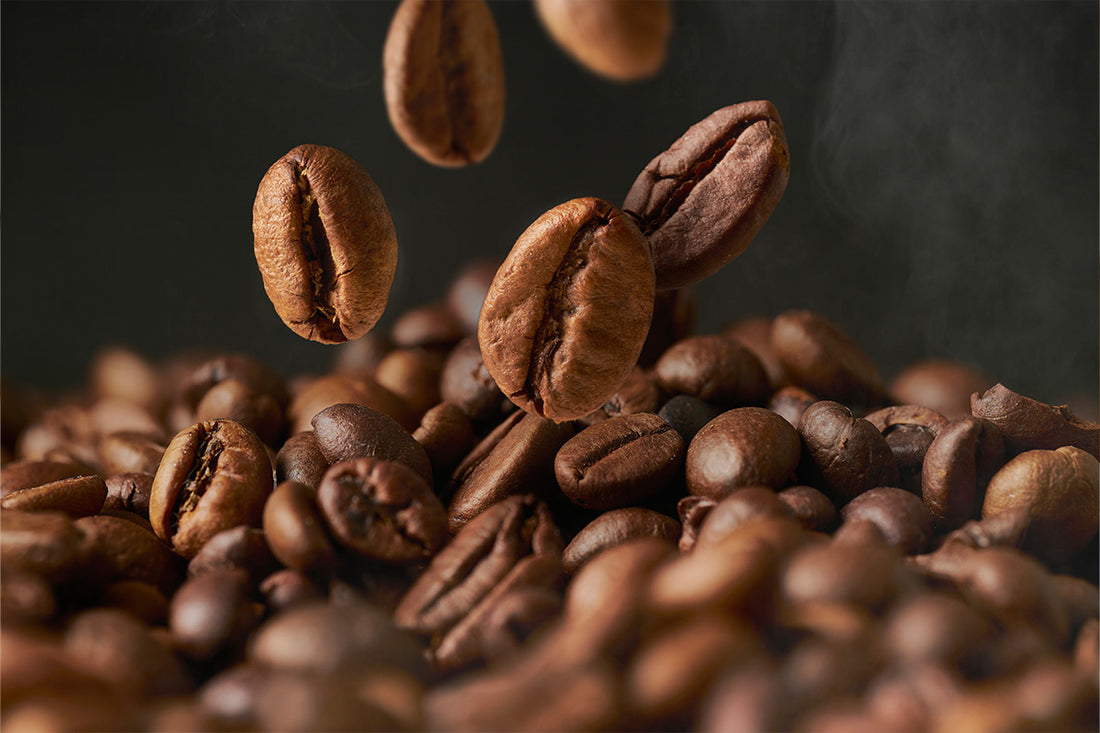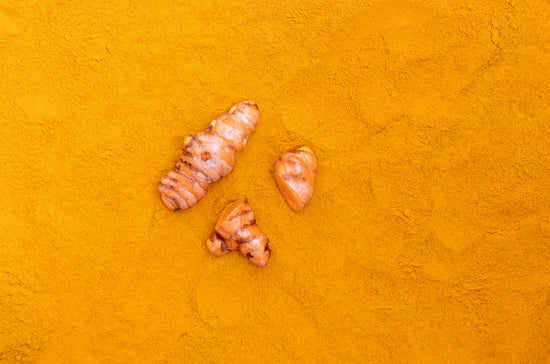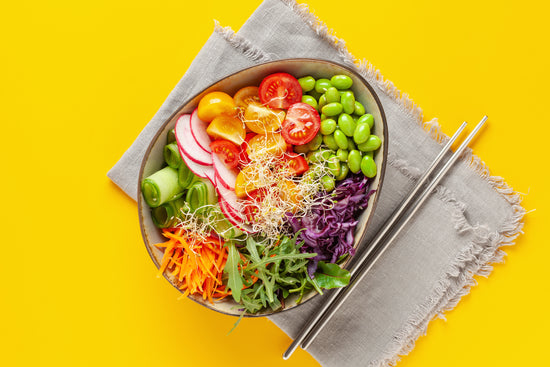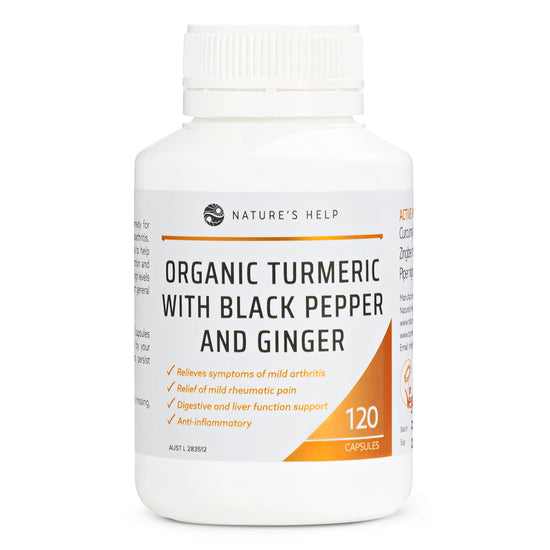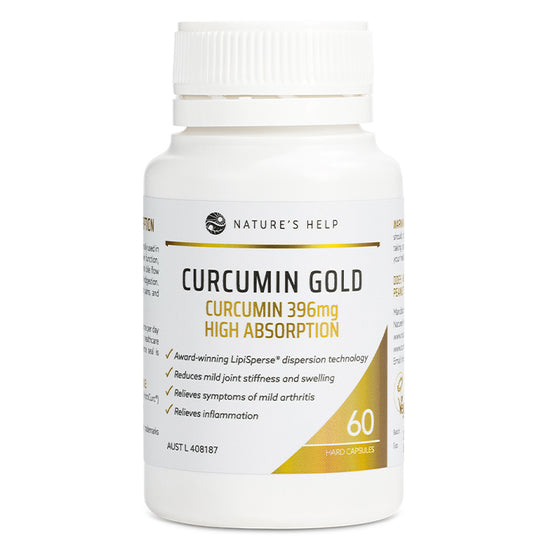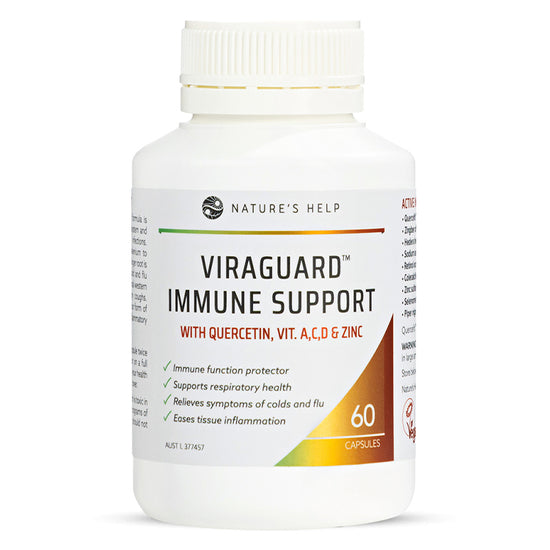Let’s talk about coffee! You either love it or hate it, live off it or can’t drink it. Coffee is the second-most traded commodity in the world, behind petroleum. So how did coffee become such an integral part of our society and lives?
The History
Apparently, it all started with an Ethiopian goat farmer… No really, stay with us.
In the 9th century, our whimsical goat herder; Kaldi first noticed the energising effects of the coffee plant when his goats ate the bright red berries. As the story goes, this left them too energized to fall asleep at night, as their bundles of energy had them bounding all over the place.
So how did the humble coffee plant go from being a goat energy enhancer to being consumed over 2 billion times a day? Let us give you a brief history.
Back to our goat herder Kaldi, after trying the beans himself and feeling invigorated, he took some to the local monastery, where they disregarded his claims and threw the beans in the fire. A delectable aroma quickly began rising from the fire, and the beans were scrapped out for further investigation.
Apparently, the monks then crushed the beans and add them to water. To their surprise and joy, they found that the beverage gave them the same energy and vigour that it gave Kaldi and his goats. These monks passed their findings on to other monks and monasteries and so began the journey of coffee!
Now, the first time this story appears in the text is in 1671, about seven hundred years after it allegedly took place, which is why it’s often cited as legend or myth.
It is important to state that there are other stories of the origin of coffee, however, they all take place on the Ethiopian plateau. Modern technology and advancements in genealogy have allowed us to trace the origins of the coffee plant back to Africa, and it is most likely, although not certain, that coffee originated from Ethiopia, and this is a, mostly undisputed, consensus.
Yemen is believed to be coffees first destination after leaving Ethiopia and by the end of the 14th century, it was spread throughout the Middle East, Persia, and Turkey.
For centuries, a monopoly on coffee production was maintained by either boiling, roasting, or baking the beans before they left the region in order to ensure that they would not germinate if planted. Rumour has it that at the end of the 16th century, a man named Sufi Baba Budan smuggled seven green coffee beans strapped to his chest (or hidden in his beard) to his homeland of India. Due to trade and colonisation, coffee eventually made it’s way from Indian and the Middle East, across Europe, and eventually the world.
Coffee is now grown in over 70 countries and drank in every single country worldwide. Brazil produces the most coffee, and per capita, Finland drinks the most and Albania has the most cafes.
Australia Coffee Culture
Australian coffee culture is one of the most advanced in the world. We care about the quality and the taste of our coffee. We genuinely enjoy coffee, it’s not just fuel to get us through the day, it’s a way of life.
Have you ever noticed how Starbucks never really took off here in Australia like it did everywhere else in the world? Want to know why? Quite simply; Australian’s are coffee snobs, in the best way possible. The mass production and poor quality of their coffee just didn’t cut it for most Australians. We demand quality flavours and aromas, quality roasting and brewing and simply just caring baristas who’ll treat the coffee the way it should be treated.
Is it a drug?
Caffeine is defined as a drug because it stimulates the central nervous system, causing increased alertness and gives most people a temporary energy boost and elevates mood by increasing dopamine signals in the brain.
Try Something New
For many, coffee is the go-to morning beverage, while others choose not to drink it for a host of reasons. For some, the high amount of caffeine can cause nervousness and agitation, or digestive distress and headaches. For others, it may simply be the taste that they don’t like. If you’re looking for an alternative to coffee check out these seven options.
Matcha: Provides an abundance of beneficial antioxidants in a single serving. Depending on how it’s prepared, it may have more or less caffeine than coffee.
Golden Milk: is a rich, caffeine-free alternative to coffee that may have anti-inflammatory effects.
Hot Lemon Water: a simple yet refreshing way to start your day hydrated and with a boost of antioxidants.
Chai: a spiced black tea with robust flavor and a modest amount of caffeine. Observational studies suggest that black tea may lower the risk of heart disease.
Rooibos: a caffeine-free tea with a slightly sweet and fruity taste. It provides plenty of antioxidants and is low in tannins, a compound that interferes with iron absorption.
Warm Apple Cider Vinegar: a caffeine-free alternative to coffee that may have beneficial effects on blood sugar levels. It may even assist with weight loss.
Kombucha: fermented black tea that contains probiotics, acetic acid and antioxidants. Many animal studies suggest potential health benefits, but few have been done in humans.
Coffee Health Benefits
Energy: Caffeine blocks an inhibitory neurotransmitter in your brain, which causes a stimulant effect. This improves energy levels, mood and various aspects of brain function.
Fat burner: Several studies show that caffeine can increase fat burning and boost your metabolic rate.
Increase Physical Performance: Caffeine can increase adrenaline levels and release fatty acids from your fat tissues. It also leads to significant improvements in physical performance.
Nutrients: Coffee contains several important nutrients, including riboflavin, pantothenic acid, manganese, potassium, magnesium and niacin.
Brain health: Coffee drinkers have a much lower risk of getting Alzheimer’s disease, which is a leading cause of dementia worldwide.
Mood Booster: Coffee appears to lower your risk of developing depression and may dramatically reduce suicide risk.
Antioxidant: Coffee is rich in powerful antioxidants, and many people get more antioxidants from coffee than from fruits and veggies combined.
Coffee Health Risks
Blood Pressure: In those already suffering from hypertension and those who don’t normally consume caffeine, more than 3 cups of coffee a day may increase blood pressure.
Gout: Some studies have shown that people who binge on caffeinated beverages increase their risk for a gout flare-up, however, these studies weren’t exclusively testing coffee but all drinks that contain caffeine (eg: energy drinks).
Insomnia: Caffeine in a person’s system at bedtime can mimic the symptoms of insomnia and result in the inability to sleep, restless legs and muscle spasms.
Indigestion or Heartburn: People who consume caffeinated beverages often report an upset stomach or indigestion. This mainly occurs when the beverages are consumed on an empty stomach.
Headaches: While occasional doses of caffeine can relieve headache symptoms, the overuse of caffeine can cause headaches and lead to migraines.


